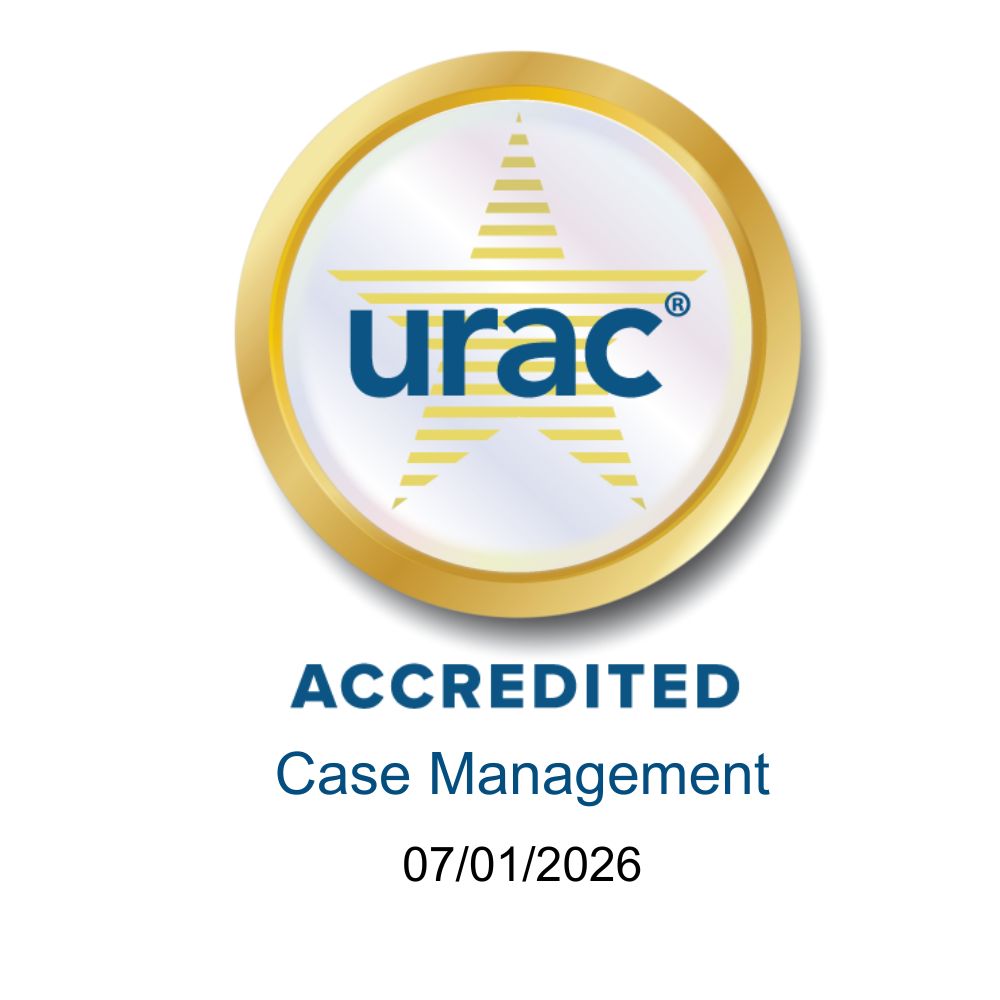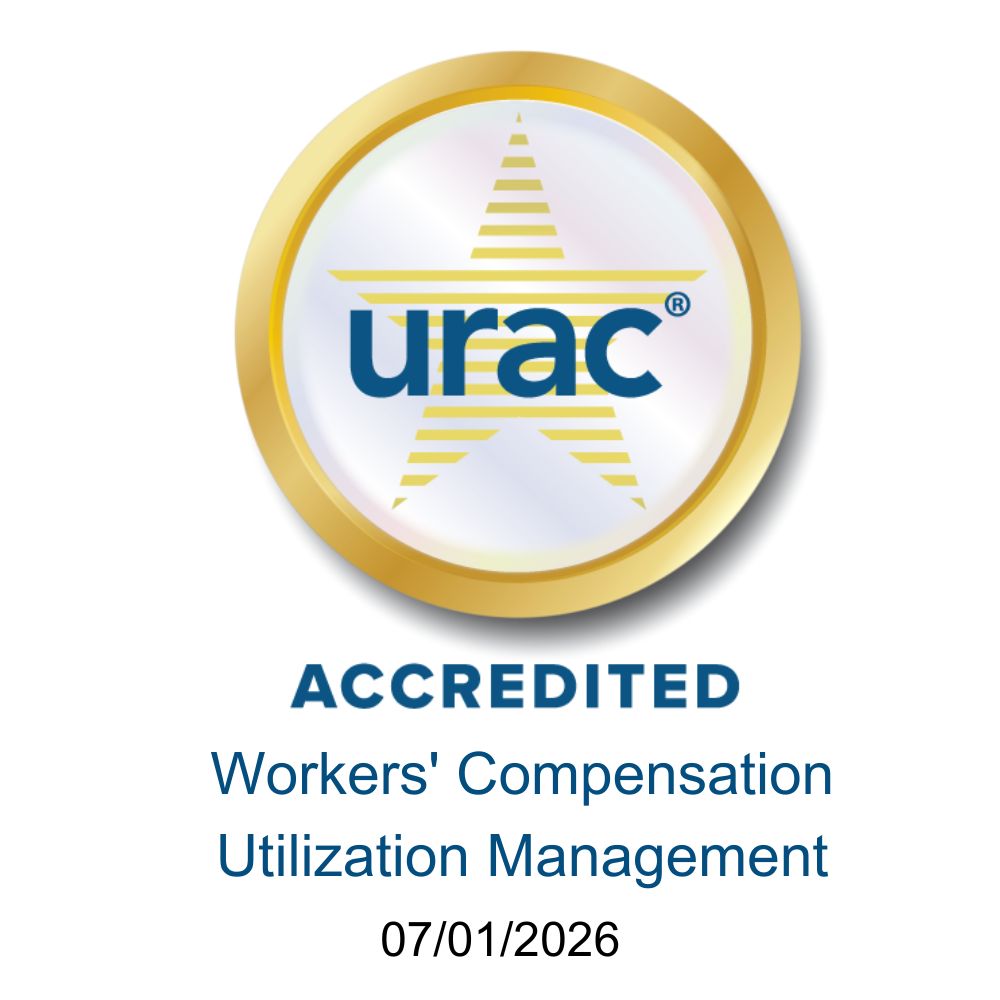
/EK%20Health%20-%20MSA%20Wish%20List%20wide%20header.png)
Having spent almost 15 years in the business of Medicare Set-Asides (MSAs), I’ve seen numerous significant changes over that time. When my long-time colleague and client, Beth Hostetler, Director of Medicare Services at Albertsons Companies, Inc., a national grocery chain, spoke at a recent conference about the enhancements she would like to see implemented, it caught my ear. At the National Medicare Secondary Payer Network (formerly NAMSAP) Conference, Beth spoke in a session that specifically targeted a wish-list for improving the overall integrity and efficiency of MSAs and the overall MSA process.
For almost 20 years, the workers’ compensation community has been in direct communication with the Centers for the Medicare and Medicaid Services, better know as CMS, in regards to the creation and potential approvals of Medicare Set-Asides (MSAs). This governing body sets and enforces the rules for MSAs. In that length of time, the process has remained, for the most part, cumbersome and inconsistent. Anyone involved in MSAs has likely experienced some level of frustration with certain elements of the process.
I believe many who work with MSAs will resonate with her rationale as I did. Here, in a nutshell, is Beth’s Wish List for MSAs.
1. Centralized Contact/Reviewer for Complex and Catastrophic Claims
One of the suggestions Beth put forward was the establishment of either a team or a specific contact person at the Workers’ Compensation Review Contractor (WCRC), the third-party vendor who reviews MSAs for CMS. The idea was that on complex and catastrophic claims it makes logical sense being able to discuss the specifics of a claim with a knowledgeable person so that an accurate and appropriate allocation can be determined, to ensure future medical care is appropriately funded. As Beth mentioned, in numerous situations for which an MSA for a complex claim has been submitted for review, the approvals coming back from CMS are either significantly over-valued or there is an unrealistic assessment of an injured worker’s true medical needs.
2. Resources for Specialized Claim Types
One of the suggestions Beth put forward was the establishment of either a team or a specific contact person at the Workers’ Compensation Review Contractor (WCRC), the third-party vendor who reviews MSAs for CMS. The idea was that on complex and catastrophic claims it makes logical sense being able to discuss the specifics of a claim with a knowledgeable person so that an accurate and appropriate allocation can be determined, to ensure future medical care is appropriately funded. As Beth mentioned, in numerous situations for which an MSA for a complex claim has been submitted for review, the approvals coming back from CMS are either significantly over-valued or there is an unrealistic assessment of an injured worker’s true medical needs.
3. Resources to Address Allocation Inconsistencies
Beth indicated that having a contact at the WCRC would also help to eliminate some of the frequent inconsistencies she sees in the allocations coming back from CMS. When the WCRC and CMS allocate incorrectly, it places a significant burden on the payer, as they are placed in the position of potentially having to overfund the claim in order to achieve a settlement. If overfunding is not possible, then the burden falls on the claimant, as the likelihood of them being able to settle their claim is significantly diminished.
4. Med-Legal Expertise
Beth went on to note that having the reviewers at CMS and the WCRC who have a skill set both legally and medically commensurate with the nature of the case and the legal nuances would be of great benefit. Again, being able to explain the legal nuances related to a specific jurisdiction would allow for MSAs’ to accurately match a payer’s responsibility. While at first glance, this approach may seem costly, savings can be achieved on the WCRC’s and CMS’s end by minimizing the need for re-reviews and then subsequently amended reviews. Additionally, resources could be re-allocated to assist with other parts of the WCRC’s approval process, which would have the effect of improving the overall efficiency of the process.
It is not known whether CMS and WRCR will be open to these suggestions; however, individuals such as Beth Hostetler are certainly leading the charge in pushing for a more equitable process. Whether you are a payor in the workers’ compensation industry, or an MSA partner to those payors, I believe enhancements like these are in the best interest of all parties involved. It improves the efficiency and quality of the MSA process, while optimizing the outcomes for payors.
If you’re interested in learning more, I would be happy to talk through more of the details to help you connect with the ideal MSA solutions for your specific opportunities. Please contact me at jreason@ekhealth.com.




/EK%20Health%20-%20Medicare%20Set%20Asides%20-%20A%20Wish%20List%20(Nov%202020)-1.png)
/EK%20Health%20-%20Medicare%20Set%20Asides%20-%20A%20Wish%20List%20(Nov%202020)-2.png)
/EK%20Health%20-%20Medicare%20Set%20Asides%20-%20A%20Wish%20List%20(Nov%202020)-3.png)

